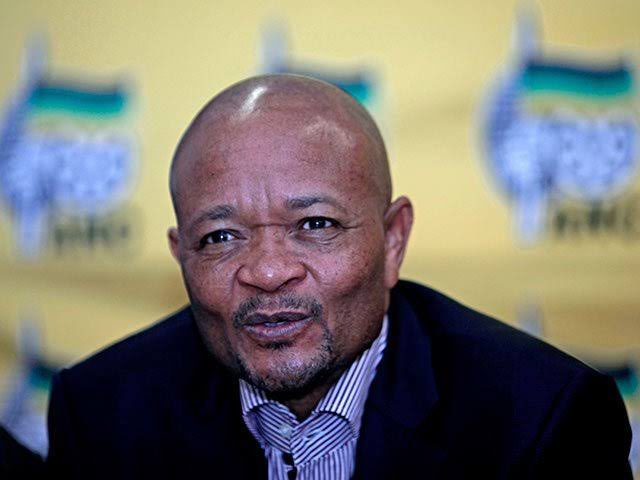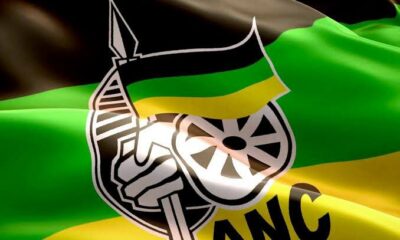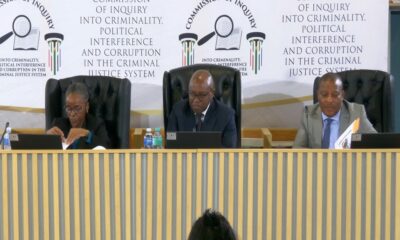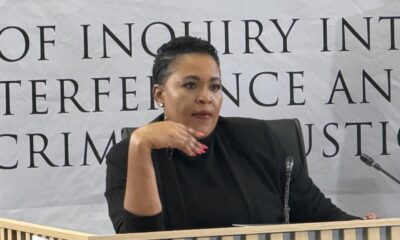News
Traditional Leaders Rally Behind Minister Senzo Mchunu Amid Madlanga Commission Inquiry

Mchunu finds sanctuary in cultural backing
As the Madlanga Commission of Inquiry continues to probe allegations of political interference in policing, Police Minister Senzo Mchunu has secured a notable show of supportfrom the Amakhosi of his own Mchunu clan. Speaking to The Mercury, the traditional leaders said they found no evidence of wrongdoing during a private engagement with the minister.
Bhekimpi Mchunu, one of the Amakhosi leaders, confirmed that the meeting took place in the interest of hearing directly from the minister. “We sat down with the minister, and he explained in detail the sequence of events,” he said. “While I cannot disclose everything, we found nothing in his account that shocked us or implicated him. He remains one of us.”
Context of the inquiry
Mchunu has been on special leave following explosive testimony by KwaZulu-Natal police commissioner Lieutenant-General Nhlanhla Mkhwanazi, who alleged political interference within the police force. These claims prompted President Cyril Ramaphosa to establish the Madlanga Commission, chaired by Justice Mbuyiseli Madlanga, to investigate the state of policing in South Africa.
The hearings, which began last week, have already seen Mkhwanazi testify for three days. Top police officials are expected to follow this week, with public and media scrutiny intensifying across platforms and social networks.
A strategic retreat to tradition
Political and cultural experts say Mchunu’s outreach to his clan is a calculated move common in KwaZulu-Natal politics, where identity and traditional structures carry significant weight.
Professor Musa Xulu explained that this phenomenon, often referred to as identity politics, provides politicians with a stabilizing base during crises. “With the Mkhwanazi whirlwind, Minister Mchunu currently feels that the only people he can trust are the Mchunu traditional leaders and their clan,” Xulu said. “Politics changes daily, but traditional leadership structures remain steady, offering a temporary sanctuary when political fortunes are in flux.”
Historical parallels abound: past leaders such as former President Jacob Zuma and late Mangosuthu Buthelezi navigated turbulent political moments by leaning on Zulu traditional structures for support and legitimacy.
Political analysis: shaping public perception
Political analyst Siyabonga Ntombela noted that the minister likely initiated the meeting to protect both his reputation and the Mchunu family name. “I believe he called the meeting to explain his side and address any concerns about bringing the Mchunu surname into disrepute,” Ntombela said.
The support from the Amakhosi could have wider ramifications. “Even though the engagement was limited to the Mchunu clan, these leaders influence many communities. If Izinduna and local networks echo their confidence in the minister, that message can quickly reach a broader public,” Ntombela added.
Public and social media reaction
News of the traditional leaders’ backing sparked a lively debate online. Some commentators praised the minister for respecting cultural channels, while others questioned whether traditional support should weigh heavily against allegations raised before the commission. Hashtags such as #MchunuSupport and #MadlangaCommission trended briefly, reflecting the polarized reactions.
As the Madlanga Commission continues its work, Minister Mchunu’s standing with his clan may provide him both personal reassurance and political cover. But the inquiry itself, open to public scrutiny and media coverage, will ultimately determine whether this cultural support can influence perceptions of accountability in South Africa’s policing and political system.
{Source: IOL}
Follow Joburg ETC on Facebook, Twitter , TikTok and Instagram
For more News in Johannesburg, visit joburgetc.com



























